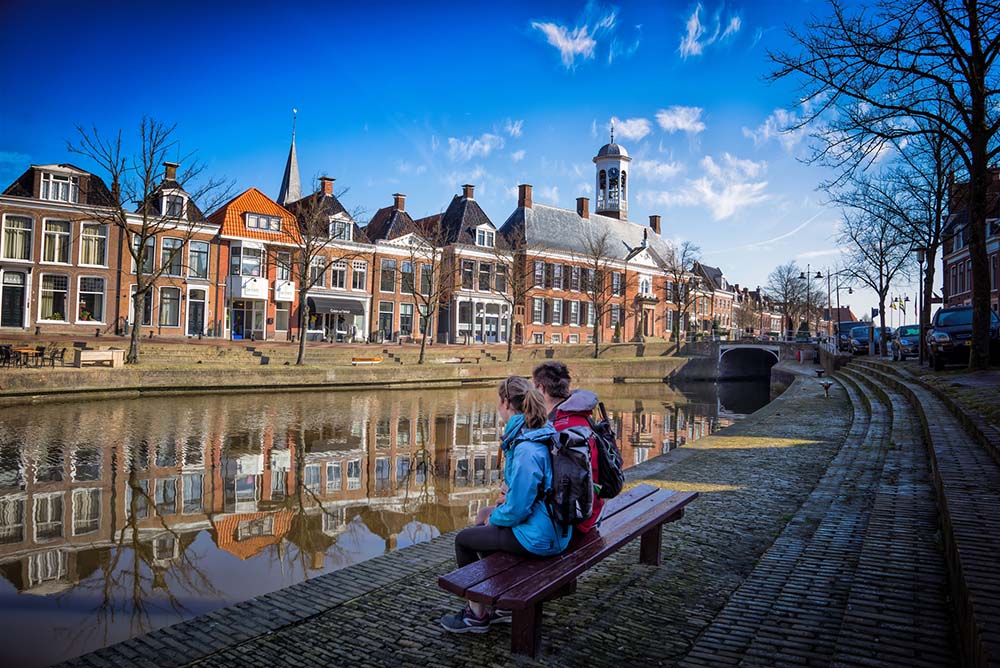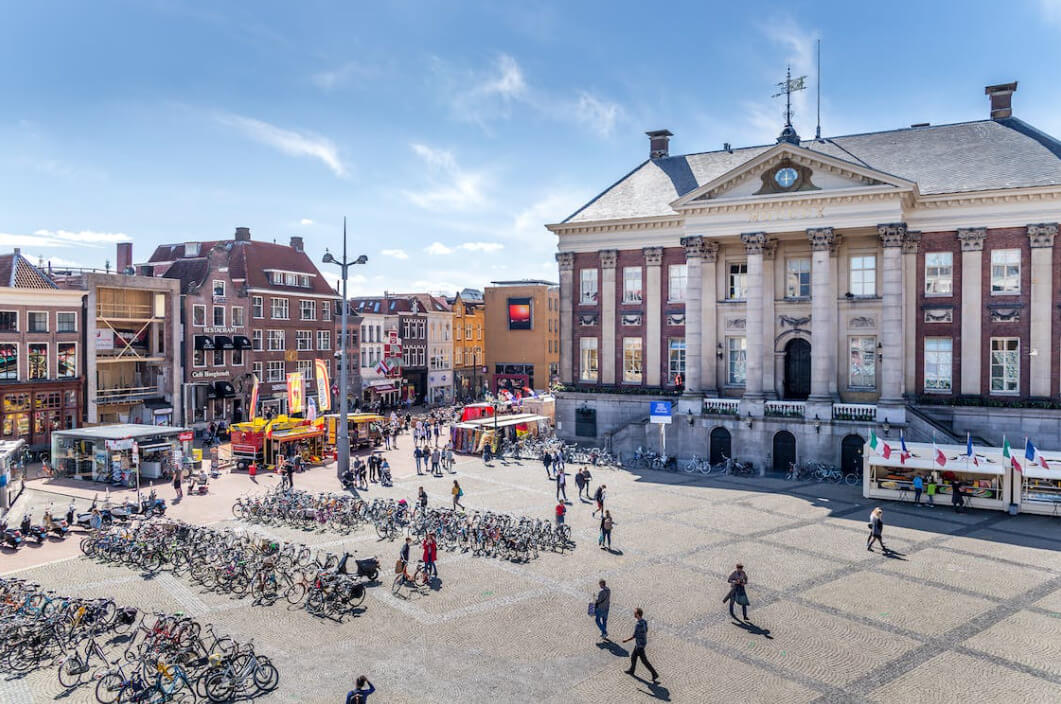PhD position in Quantitative analysis of emotion dynamics (1.0 FTE)

Do you want to contribute to groundbreaking research that pushes the boundaries of science? Are you looking for a PhD position in which you can turn your curiosity into concrete research results and a dissertation? In that case, a PhD position at the faculty of Behavioural and Social Sciences of the University of Groningen (UG) might be what you are looking for!
As an interdisciplinary PhD candidate at the faculty of Behavioural and Social Sciences, you will have the opportunity to develop your own insights, collect data, and share your findings with both scientific colleagues and partners from professional practice worldwide. Under the guidance of three supervisors and together with a motivated team, you will work on meaningful solutions and contribute to the future of your field.
Intensive longitudinal designs, like Ecological Momentary Assessment (EMA), collect real-time data on emotions in daily life. These methods are powerful tools for studying mental health. They can help us track how emotions fluctuate and remain stable over time, revealing patterns of emotion-dynamics that are linked to well-being and psychological disorders. However, traditional EMA analyses of emotion dynamics often rely on summary measures that may miss important details about how emotions and their dynamics evolve and interact. This project aims to overcome this by applying advanced analytical techniques to real-world and simulated emotion data. Drawing on methods from fields such as neuroimaging research, we aim to identify more detailed patterns in emotion dynamics. Ultimately, these insights can deepen our understanding of emotion regulation, help detect early signs of mental health issues, and contribute to more personalized interventions. While the project has a strong data-analytical focus, there is flexibility for the candidate to shape its direction based on their interests and expertise. The candidate we are looking for ideally has an affinity with the topic of mental health and expertise in time series analysis and/or simulation studies.
Why would you want to apply for this position?
1. To make an impact: In this role, you will directly contribute to scientific insights that address societal issues. Your research will not only translate into publications but also concrete solutions, ensuring a tangible impact.
2. Personal development: With the support of experienced scientists, you can become an expert. This combination of research and teaching offers plenty of opportunities for professional and personal growth.
As a PhD candidate, you will perform the following duties
- You will conduct research that results in a dissertation and is consistent with the goals and requirements of the project.
- You will organize and execute a systematic literature review and collect, analyze, and simulate data for the subprojects.
- You will publish research results in international scientific journals.
- You will present the research to a broad audience of fellow scientists and partners from the professional field, both national and international.
- You will collaborate with fellow scientists in the larger project.
- You will contribute to a limited number of teaching activities in the Psychology and Pedagogical and Educational Sciences departments, such as working groups and guest lectures.
This is where you will be working
The University of Groningen ranks among the top European universities and is internationally oriented. The university is socially engaged and actively involved in its environment. In a wide range of disciplines, researchers and teachers practice their disciplines out of scientific passion. Everyone is empowered to do their best. The talents, ambitions, and performance of the 34,000 students and 6,500 employees of the UG are stimulated as much as possible.
The Faculty of Behavioural and Social Sciences is strong in research and teaching on human behaviour, thinking, learning, and coexistence. We work on social issues and problems that people experience in everyday life. Individual and societal resilience and how to increase it are central to our work. We focus on the topics of migration, environment and climate, health, parenting and education, the protection of vulnerable minorities, and sustainable partnerships. Over 650 employees work at the Faculty of Behavioural and Social Sciences.
More information about the faculty can be found at the link https://www.rug.nl/gmw/
The current project is a collaboration between the Department of Pedagogical and Educational Sciences, the Child and Family Welfare (https://www.rug.nl/gmw/research/pedagogical-and-educational-sciences/research-units/onderzoeksgroep-welzijn-families/?lang=en) unit (Dr Klaas Wardenaar), the Department of Clinical and Developmental Neuropsychology (https://www.rug.nl/gmw/research/psychology/research-units/clinical-developmental-neuropsychology/) (Dr Daouia Larabi), and the Department of Developmental Psychology (https://www.rug.nl/gmw/research/psychology/research-units/developmental-psychology/) (Prof. Peter de Jonge).






